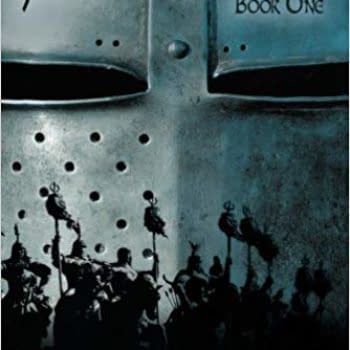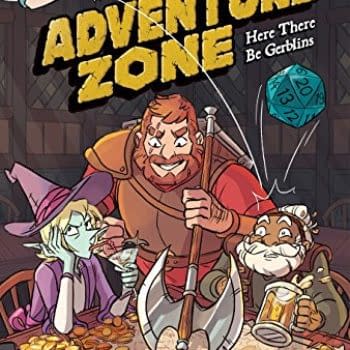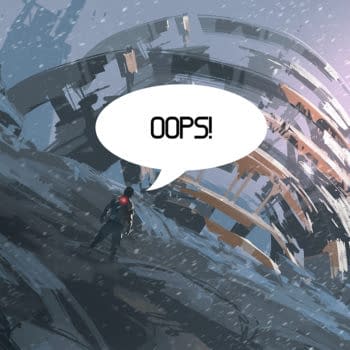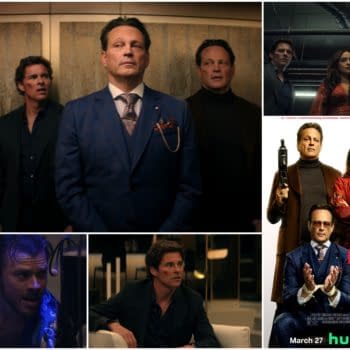Posted in: Books, Movies, Recent Updates | Tagged: Ancillary Justice, Ann Leckie, artificial intelligence, concepts of self, HRL, zombies
Ancillary Justice Review: A Thought-Provoking And Layered Sci-Fi Novel
[rwp-revie
Ancillary Justice by Ann Leckie is part of the Imperial Radch Trilogy, and won the 2014 Hugo, Arthur C. Clarke and Nebula awards. It is 393 pages and takes a little over six hours to read. While some of the concepts in it may be confusing at first, the parts of the story are well woven together — so if you're confused in the first few chapters as to what's up, take heart: things do come together. And keep tabs on the time notifications at the start of the chapter.
The kindle edition contains extras including a preview of the next book in the series, as well as an interview detailing how the idea of Breq and her narrative voice came to be, as well as various influences upon this piece of writing.
Ancillary Justice presents the reader with a futuristic world of the Radch Empire, where high-tech AI running spaceships merges with the human bodies to fulfill its duties, resulting in a hive mind with many bodies. This is the story of how many becomes one — a literary tale that goes from fly-eye multifaceted lenses of experience to single-focus images. It crosses thousands upon thousands of years, from the lifelines of sapient machinery to a solitary human. It is this sliding viewpoint, done with grace, that makes this book stand out to me.
The writing suits the character, bridging time, perspectives, and knowledge with a singular voice that unites the tale: that of Breq, formerly the Justice of Torren One Esk. Ann Leckie possesses a sharp mind and keen insight into the human condition, which are clear in her characters and the details of their perceptions in this tale.
Though billed as a tale of revenge, and with revenge as a motivator of many events, I'd say this story isn't one to be compared to Hamlet or the Iliad. It's more a tale of morality, and how different perspectives present different ideas of it — even within the same government and tale. From Emperor to Annexed worlds and communities to soldiers and common people, everyone has their own idea of what is right, and which boundaries are OK to cross — or not. It is this sense of 'rightness' and an attempt to maintain it that drives the characters, as much as a plot to 'shoot the bad guy'.
[rwp-review-form id="0"]



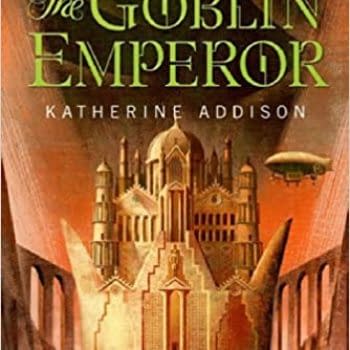
![[REVIEW] Fallout 76 Glitch Makes My Clothes Fall Off](https://mlpnk72yciwc.i.optimole.com/cqhiHLc.IIZS~2ef73/w:350/h:350/q:75/rt:fill/g:ce/https://bleedingcool.com/wp-content/uploads/2018/11/2018-11-22-350x350.jpg)
